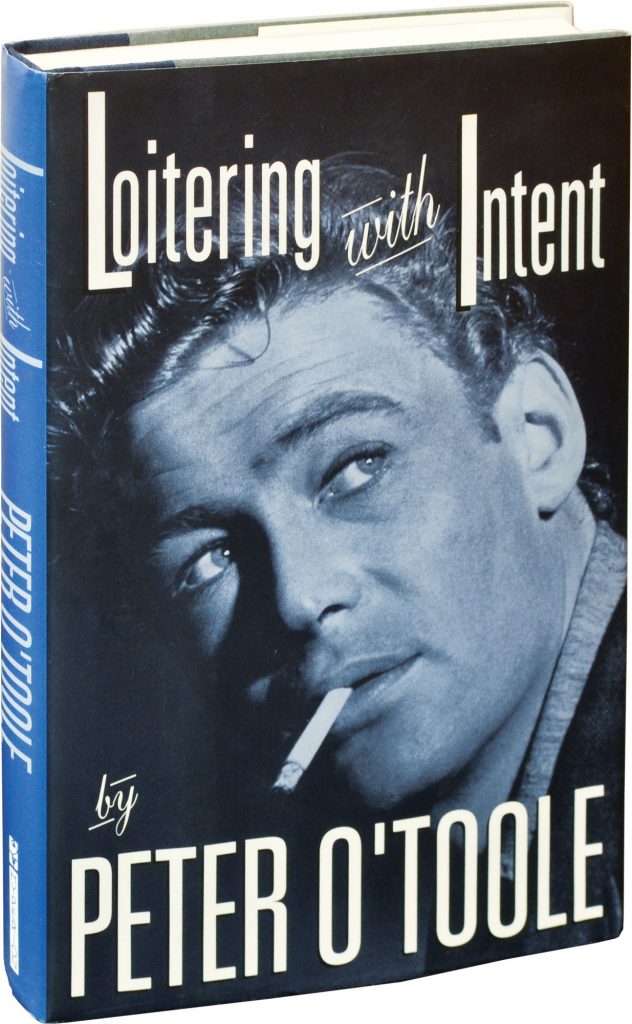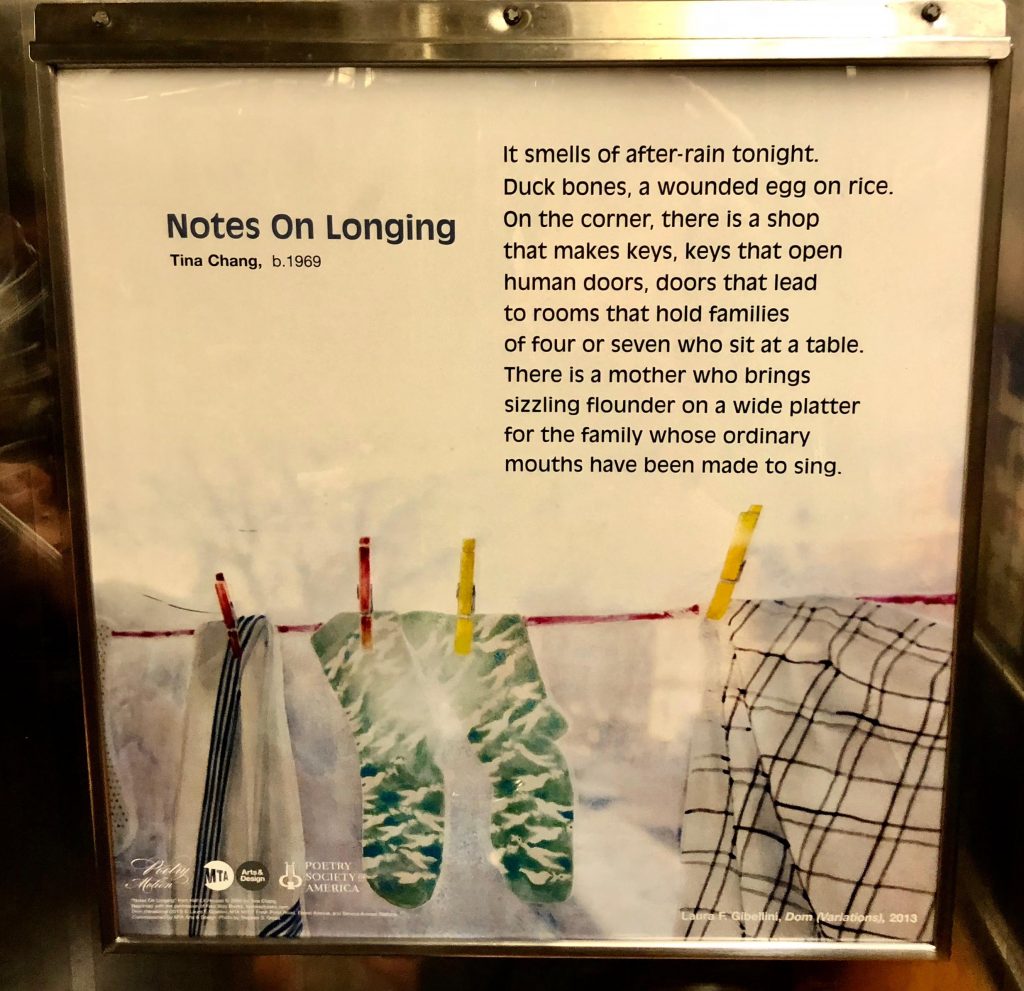He was allowed to use the word arse last week on the Graham Norton Show, but when Rowan Atkinson (aka Mr. Bean) chose another word synonymous with idiot to finish up his story (see 2:05 in the video above), BBC America roundly expunged it. BLEEP! I’m guessing that when the show aired originally in the UK a few days earlier, the four-letter word didn’t raise a single British eyebrow — let alone set off the censors’ bells. Speakers of American-English: read on at your peril … Continue reading
Intent or intention? Exhibit or exhibition?
Do you ever hear people saying the word intent or exhibit — and think there should surely be an “-ion” on the end of it? “You mean that was your intention rather than your intent?” “Are you talking about a whole exhibition, rather than a single exhibit?” Well this might well happen if you’re an Englishman abroad (i.e. on the other side of the pond), where you’ll hear exhibit and exhibition used interchangeably these days. Intent and intention have also become similarly synonymous Stateside — and I’m not sure if this is also happening over in the UK. Read what distinguishes — or used to distinguish — the “-ion” version of each noun from its “-ion-less” counterpart. Continue reading
Poetry in Motion: “Notes On Longing” by Tina Chang
Poetry in Motion: “My words to you” by Jean Valentine
A rapper goes mononymous
Back in 2013, the one-and-only Jay-Z dropped his hyphen and decided to become known by his two names. (See Glosso’s earlier post, “Jay Z no longer mononymous”.) Then, four years later, he popped the hyphen back in, and returned to his one-named identity (see “The Return of Jay-Z’s hyphen“.) Today, another unique rapper has done the same thing and assumed a single moniker. In Kanye West’s case, he has become “Ye.” Continue reading
Ooops …
“Vranyo”: a previously untranslatable Russian word …
Vranyo – “Pioneered by the Soviets and perfected by Putin, this is a special word in Russia which means telling a barefaced lie which you do not expect anyone to believe.” — The Sun, UK
“When I recently opened The New York Times and saw Vladimir Putin … walking out of the Black Sea with two nearly intact ancient amphorae in his hands, the vranyo alarm went off. … The smell of vranyo was so strong I had to put down the paper. … Putin was lying to us, we knew he was lying, he knew we knew he was lying, but he kept lying anyway, and we pretended to believe him.” — Elena Gorokhova in the New York Times, 2011 Continue reading
Some sketchy business email language
We’ve all got our own lists of business buzzwords that set our teeth on edge. Synergy, bandwidth, actionable items, scalable, leverage — and the more recent and ubiquitous “circle back”: these are just a few of my personal bugbears in the boardroom, and I know you’ve got more. (You can get your fill of them from an earlier Glossophilia post on The ubiquity of buzzwords and business speak.) But there’s another category of business-lingo that’s getting some of our backs up: it’s the common misuse in emails of certain standard English words or phrases, which just never will sound or be right, however often they’re typed and no matter how good the intention. They’re not just icky words and phrases: they’re just plain wrong. Continue reading
The Many Nicknames of Donald J. Trump
“Rocket Man”, “Lyin’ Ted”, “Crooked Hillary”, “Crazy Bernie”, “Pocahontas”: These are just a few of the many monikers that — having been thrown in the faces of his political rivals and personal nemeses since climbing into his little political sandbox — have earned 45 his only rather dubious oratory honor: that of being President of Nicknames. But, Mr. Don John, it works both ways …
Yesterday, Georgetown professor Michael Eric Dyson, speaking at the funeral of Aretha Franklin, lambasted the “orange apparition” for having the nerve and temerity to claim that the Queen of Soul had once worked for him. “You lugubrious leech, you dopey doppelgänger of deceit and deviance, you lethal liar, you dimwitted dictator, you foolish fascist.” That’s how Mr Dyson addressed POTUS in his eulogy. Here’s an A to Z* of other name-pies — alliterative, uncannily descriptive, and just downright witty — that have been thrown in the face of our reigning Cheese Doodle by celebrated and even distinguished members of the media and public figures of note. Sic and cited.
(*missing only J for Joker, N for Nobody, Q for QLF – pardon my French, and X, Y, Z for End Game)
Nicknames bestowed by media figures: Continue reading
Overleaf …
Is overleaf a Britishism? This morning I received a Glosso-related question from Andrea, one of my American friends. “My friend Mary*, who has written several books, uses the word overleaf (which I have come to find out is an adverb) in this sentence: ‘You can see some alternative models of ‘stuck’ overleaf.’ In this sentence, overleaf must describe a verb — like ‘see’. My brain can’t absorb that word as an adverb. It is more like a preposition+noun. Do you have experience with overleaf? Does that sentence sound normal to you?” Continue reading









